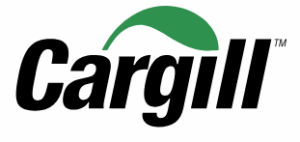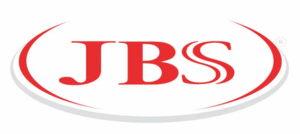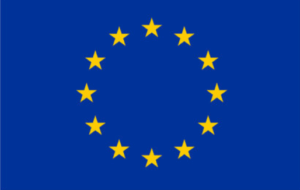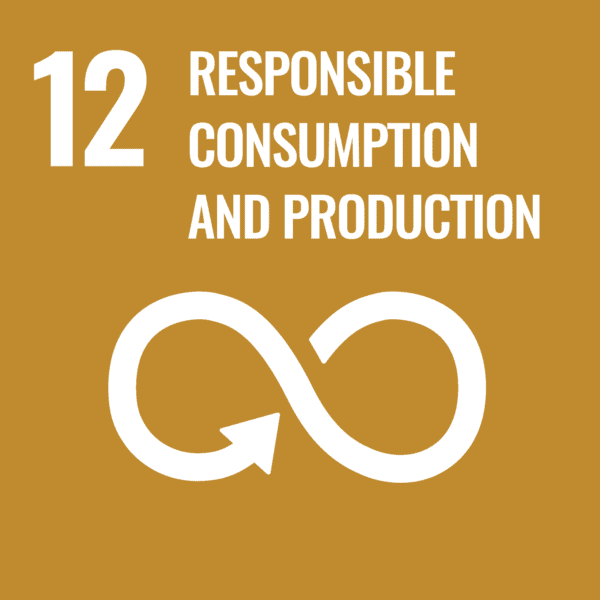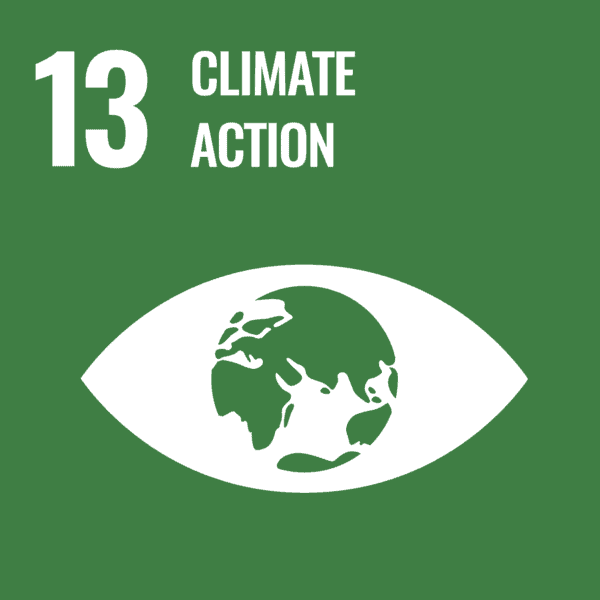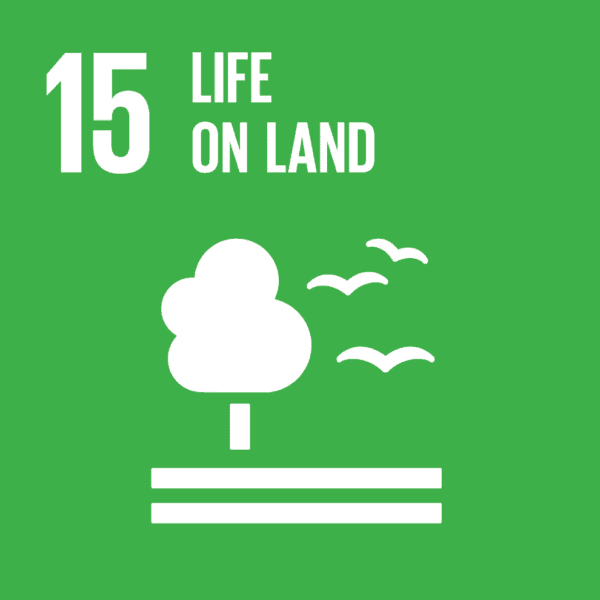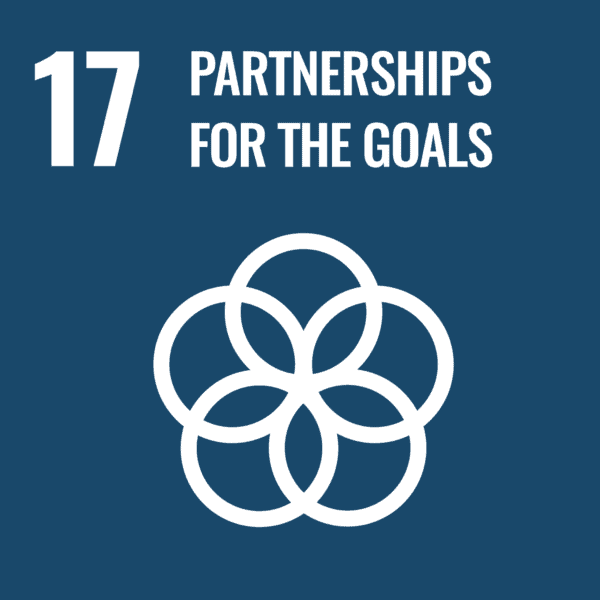Compliance Checker: An interactive case studies’ tool to demonstrate real-time impacts of commodity production

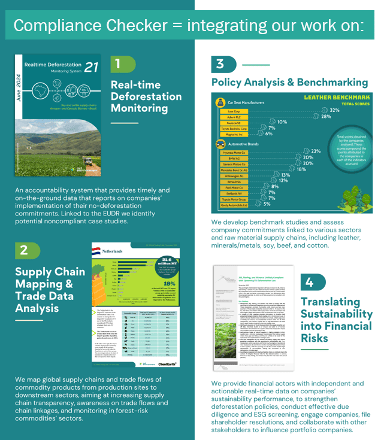
New tool: the Compliance Checker will integrate AidEnvironment's work on deforestation monitoring, supply chain mapping, and sustainability risk analysis
AidEnvironment will develop an accessible monitoring dashboard, the Compliance Checker, focused on compliance with the EUDR, linking case studies of native vegetation conversion and human rights violations to relevant operators importing tropical commodities in the European Union. It will support civil society, media, and legal organisations to gather and aggregate potentially noncompliant, evidence-based cases for use as “substantiated concerns” under the EUDR in various campaigns and strategic climate litigation. The platform will continuously be fed with new case studies on the real-time impact, including clearance of native vegetation, illegalities, and human rights violations, of commodities’ production linked to the European Union by global trade and consumption.
The tool will not be based on data models but on actual, nonpartisan data and evidence, including transaction invoices, shipment data, and real-time deforestation events, to also allow for strategic climate litigation by CSOs, including legal organisations. The case studies will be combined with relevant trade data, EU27 member states’ trade profiles, and sustainability risk profiles of key soft-commodity operators, and will focus on soy, beef, palm oil, cocoa, coffee, rubber, and wood.
Ultimately, the Compliance Checker may also demonstrate which geographies and commodities do comply with the EUDR requirements.
Publicly available company assessments or scores related to deforestation, as well as the expected due diligence reporting under the EU Deforestation Regulation is often based on self-reporting and paper commitments, whilst failing to acknowledge the implementation of policies and on-the-ground action. As a result, stakeholders in the supply chain—such as retailers and financiers—as well as external stakeholders like civil society organizations, struggle to determine which companies are taking action on the ground to comply with deforestation and conversion-free commitments, and which ones are not.
Using case studies that demonstrate the real-time impacts of commodity production is crucial for proving that effective monitoring is feasible, and highlights that action is needed to exclude and mitigate these impacts from global supply chains. Also, case studies are an efficient engagement tool to request immediate action from processors, traders and retailers against a concrete and real-time impact on the ground within their supply chains. The Compliance Checker monitoring dashboard will continuously be fed with new case studies on the real-time impact of commodities’ production linked to the European Union by global trade and consumption.
Trade profiles for EU Member States
AidEnvironment has developed trade profiles for EU Member States based on the analyses of 2024 trade data for the products currently covered by the European Union Deforestation-free Regulation (EUDR). The profiles focus on the key commodity groups – cattle, cocoa, coffee, palm oil, soy, rubber, and wood – and they identify potential deforestation risks of importing commodities from different geographies. Trade profiles based on data from previous years will also be available for consultation and download in the Compliance Checker dashboard, expected to be launched in Q1 2026.
Funders






























